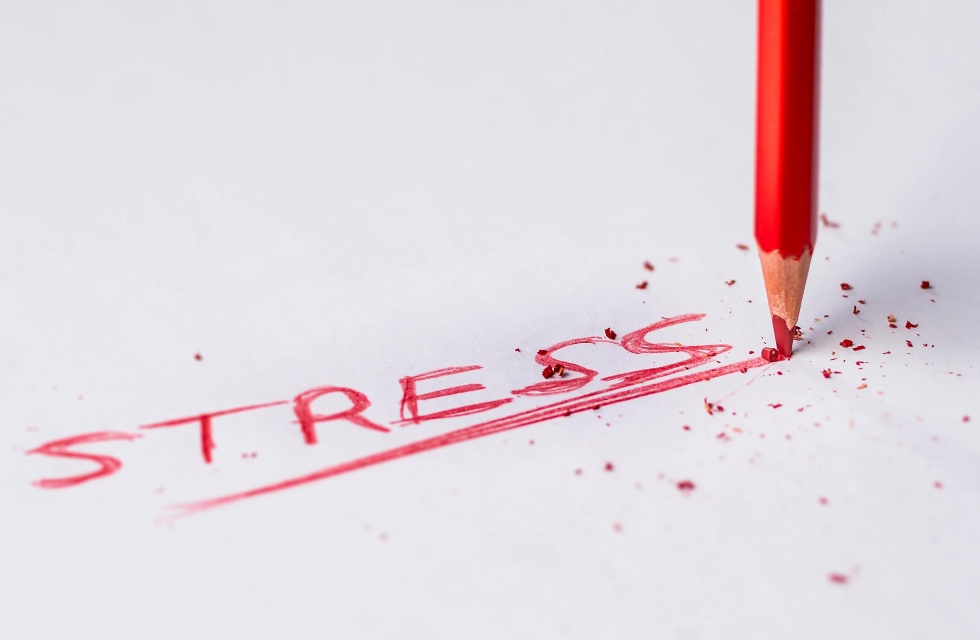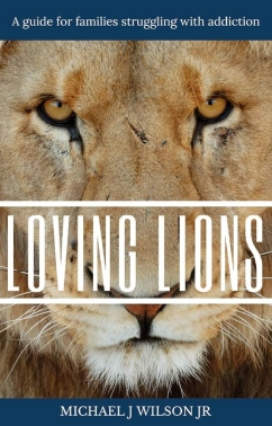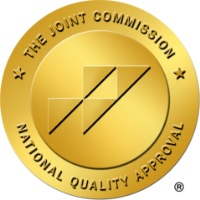Have you ever noticed mood swings or intense emotional reactions in someone you care about, and found yourself unsure if it’s just a bad day or something more? It can be tough to tell the difference between a temporary mood shift and a deeper, ongoing pattern. Sometimes, it feels like emotions are hard to control, leading to outbursts, feelings of frustration, or sadness that seem out of proportion to the situation. This is where the signs of emotional dysregulation in a loved one come into play. Emotional dysregulation refers to a difficulty in managing emotional responses to situations. Understanding these signs can help you support your loved one. Mental health services in Massachusetts are available to help navigate these challenges and provide professional guidance. Let’s dive into five key signs that may point to emotional dysregulation and explore how to approach them with care and understanding.
What Is Emotional Dysregulation?
Emotional dysregulation is when someone struggles to manage their emotions, often overreacting to situations, having difficulty calming down, or acting impulsively. It’s like feeling overwhelmed by emotions that seem hard to control, even when the situation doesn’t seem to match the intensity of the reaction.

It’s important to understand that emotional dysregulation isn’t a personality flaw or a sign of weakness. In fact, it’s often a part of broader mental health conditions like Borderline Personality Disorder (BPD), anxiety, or depression. These challenges can make it harder to handle emotions in a balanced way, which can impact relationships. When emotional regulation difficulties in relationships occur, it can lead to misunderstandings, arguments, or feelings of disconnection.
If you or a loved one is experiencing these struggles, it’s helpful to know that support is available. Mental health services like online therapy for borderline personality disorder can provide tools and strategies to manage emotions more effectively and improve overall well-being.
Sign #1 – Intense Reactions to Minor Events
One of the most noticeable signs of emotional dysregulation in a loved one is intense reactions to what seem like minor events. A situation that wouldn’t typically cause much of a stir may lead to an overwhelming emotional outburst, such as tears, yelling, or frustration. For example, someone might become unexpectedly upset over something small, like misplacing their keys, leading to an emotional breakdown or an angry outburst that feels disproportionate to the situation.
These intense reactions can confuse both the person experiencing them and those around them, especially when it seems like the emotion doesn’t match the trigger. This is one of the subtle signs of emotional dysregulation in adults, where emotions are difficult to control and respond to situations in a way that feels extreme.
Sign #2 – Difficulty Returning to an Emotional Baseline
Another one of the emotional dysregulation symptoms in a loved one is the difficulty they have in returning to an emotional baseline after a conflict or upsetting event. This often looks like someone being unable to “let things go” or calm down, even after a disagreement or minor upset. They might hold on to their frustration, sadness, or anger for much longer than expected, making it hard to move on with their day or routine.
This isn’t about attention-seeking behavior – it’s often a sign of lacking the tools to regulate their emotions. Without these tools, it can feel nearly impossible to bounce back after a stressful situation. Identifying emotional instability in others may reveal how their inability to recover from negative emotions impacts not only their own well-being but also their relationships.

Sign #3 – Black-and-White Thinking in Relationships
Black-and-white thinking is a common sign of emotional dysregulation, especially in relationships. This behavior involves seeing people or situations as all good or all bad, with no middle ground. For example, someone may idealize a person, thinking they’re perfect and amazing, only to quickly shift to devaluing them, believing they’re worthless or untrustworthy, often over a small disagreement. This cycle can leave both parties feeling confused, hurt, and unsure of where they stand.
It’s important to understand that this behavior is often misunderstood. People with emotional regulation difficulties might not intend to hurt others, but their inability to manage their emotions leads to these drastic changes in perception. How emotional dysregulation affects relationships can be challenging for both the individual and their loved ones, creating emotional tension and misunderstandings.
Thankfully, mood disorder treatment centers can offer strategies and therapies to address these challenges. With proper support, individuals can learn to manage their emotions in healthier ways.
Sign #4 – Frequent Shifts in Self-Image or Mood
A subtle but significant sign of emotional dysregulation is the frequent shift in how a person views themselves and the world around them. One day, they may feel confident, capable, and motivated, while the next, they may feel worthless, overwhelmed, or disconnected. This can create a sense of instability in their sense of self, leading to mood swings that seem unpredictable and out of their control.
For the person experiencing this, it can be terrifying. The constant emotional rollercoaster can make them feel like they’re losing their grip, unsure of who they are from day to day. It’s hard to maintain any kind of stability when everything around you seems to shift without warning. So, finding balance when everything around you shifts can be incredibly challenging, not just for the person experiencing it, but also for their loved ones. This instability can lead to confusion, self-doubt, and a sense of isolation.
Sign #5 – Chronic Feelings of Emptiness or Loneliness
Chronic feelings of emptiness or loneliness are one of the most overlooked signs of emotional dysregulation. These feelings can linger for a long time, often without a clear reason, leading the person to feel disconnected from themselves and others. This emotional void can drive impulsive behaviors or clinginess as they try to fill the emptiness with external validation or attention. For example, they might make sudden decisions or push others for constant reassurance.

Supporting a loved one with emotional regulation issues can be challenging, especially when they seem to demand attention or react impulsively. However, it’s important to respond with compassion instead of frustration. Recognize that their behavior is a result of emotional instability rather than a desire to upset others.
What Conditions Are Linked to Emotional Dysregulation?
Emotional dysregulation is linked to several mental health conditions, including:
- Borderline Personality Disorder (BPD): Intense emotional shifts and difficulty managing reactions are common in BPD.
- Attention-Deficit/Hyperactivity Disorder (ADHD): Impulsivity and frustration can lead to emotional regulation difficulties.
- Post-Traumatic Stress Disorder (PTSD): Trauma survivors often experience emotional instability, making it hard to regulate emotions. For those dealing with PTSD, exploring PTSD treatment online offers accessible options for managing emotions
- Depression: Mood swings and emotional responses to daily stressors can be amplified in depression.
How to Support Someone with Emotional Dysregulation
Supporting someone with emotional dysregulation can be a delicate and challenging process, but there are practical steps you can take to provide meaningful support. First, it’s crucial to stay calm when your loved one experiences an emotional outburst. Responding with anger or frustration can escalate the situation. Instead, maintaining a composed and calm demeanor can help de-escalate the emotional intensity/
Setting healthy boundaries is also important. While it’s essential to offer support, you also need to protect your own well-being. Boundaries help prevent enabling harmful behaviors and ensure both of you can respectfully navigate these challenges. You create a structure that fosters healthier interactions by being clear about what is and isn’t acceptable.

Encouraging professional help is another important step. Therapy, such as dialectical behavior therapy (DBT) or cognitive behavioral therapy (CBT), can provide essential tools for managing emotional dysregulation.
Lastly, if emotional dysregulation is impacting daily life, exploring a mental health day program can offer additional support. These programs provide a structured environment where individuals can receive intensive therapy and learn skills to regulate their emotions.
Awareness of the Signs of Emotional Dysregulation in a Loved One Builds Compassion
Recognizing emotional dysregulation is an important first step toward offering support. Understanding the signs of emotional dysregulation in a loved one can help you respond with compassion and care, rather than frustration or confusion. If you’re concerned about a loved one and unsure how to proceed, reaching out to a trusted mental health provider can be a helpful next step. East Point Behavioral Health offers expert guidance for those dealing with emotional regulation issues, providing the tools and support needed to navigate these challenges. Call us!








